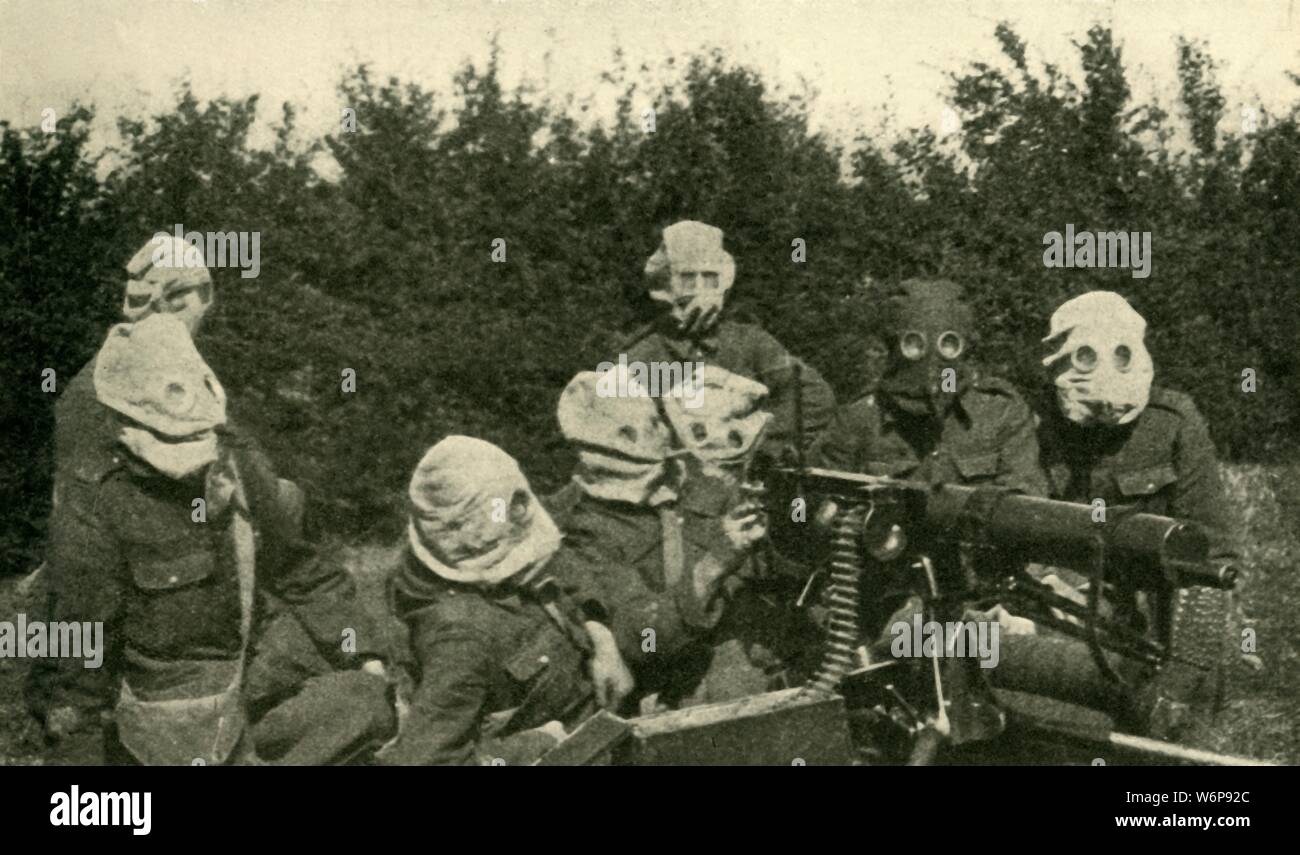Identifying when modern history began is really only a matter of convenience. Modern history relates to the presence of activities and customs that seem less strange to us today than do certain very ancient customs. Consider the range of such changes. In the Renaissance astrology was an accepted branch of learning; religious objections to it, largely because its concept of human actions as being governed by the heavenly bodies threatened the doctrine of free will, lessened its significance, until Pope Sixtus V condemned it in 1586. The plague, which brought vast changes to the pattern of population, sets two major periods off from each other: the Black Death in 1347-1348 and the great Venetian outbreak of 1575-1577.
Social historians find significance in the changing nature of slavery. Until about 1450 slaves were commonly used as domestic servants and might be of any race. After the Ottoman advance cut off the usual sources of non-European slaves, and the plantation economy of the New World gave rise to the need for large-scale slave labor, slavery began to change and was generally limited to only one race by the seventeenth century.
Historians of climate point to the crucial changes between 1500 and 1800 and to the environmental crisis in Scandinavia caused by over-exploitation of forest and agricultural land. Still other historians note the growing emphasis during the Renaissance on individualism, while others find no less individualism in the Middle Ages, whether in William the Conqueror or Peter Abelard. Nor does a general theory of individuality necessarily apply to an entire society; an elite group may emphasize individualism for itself while representing it among the lower classes.
A shift in the meaning of “glory” also helps set the periods apart, though there can be no agreement on when this occurred. In the Middle Ages, glory was attached to the afterlife; modernity argues for the significance of having one’s deeds recognized during one’s lifetime and also commemorated posthumously—a shift reflected in literature, portraits, political rhetoric, and tombstones. Clearly changes in banking, business methods, taxation, industry, and the economy generally also set the periods apart, though these changes were gradual. Depending upon one’s perspective, the primary determining date for modern history may turn on attitudes toward the environment, the status of women, or a scientific discovery that takes on new significance when reinterpreted by a future generation.

